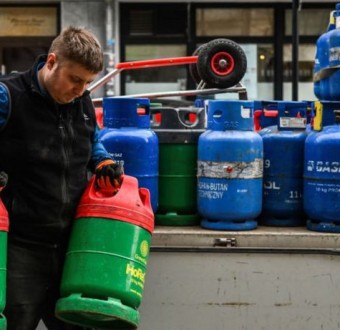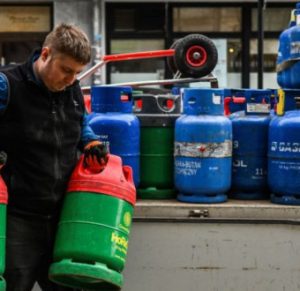

The European Union has accused Russia of ‘blackmail’ after Russia stopped the sale of gas to Poland and Bulgaria.
Russian energy giant, Gazprom (GAZP.MM) on Wednesday, April 27, said it had cut supplies to Poland and Bulgaria for failing to pay for gas in roubles (Russia’s currency), Moscow’s toughest response yet to sanctions imposed by the West over the conflict in Ukraine.
European Commission President Ursula von der Leyen said the bloc was working on a coordinated response to Moscow’s escalation.
“The announcement by Gazprom that it is unilaterally stopping delivery of gas to customers in Europe is yet another attempt by Russia to use gas as an instrument of blackmail,” Ursula von der Leyen said.
“This is unjustified and unacceptable. And it shows once again the unreliability of Russia as a gas supplier,” she said in a statement.
Von der Leyen said the EU was prepared for this scenario, and would continue its work to ensure alternative supplies of gas.
EU rules require all countries to have a contingency plan to cope with a gas supply shock. EU says it’s gas storage is currently 32% full.
The EU said it was working on a coordinated response to Russia’s escalation, von der Leyen said.
Poland’s climate ministry said on Tuesday its energy supplies were secure and there was no need to limit supply to consumers following the shock announcement by Russia’s Gazprom.
Moscow in March issued a decree proposing that European energy buyers open accounts at Gazprombank to pay for gas in roubles.
The announcement by Russia was in response to sanctions imposed on Russia by Western countries in response to Russia’s invasion of Ukraine.
Also the European Commission on Wednesday said companies should continue to pay the currency agreed in their contracts with Gazprom – 97% of which are in euros or dollars – and that paying in roubles could breach the EU’s sanctions against Russia.
However, Brussels has said EU companies may be able to lawfully pay for gas under Russia’s decree, for example, if companies can confirm that their contractual obligations are completed when they deposit euros with Gazprombank, as opposed to later, after Russia converted the payment into roubles.
Paying for gas in Russian currency can split the EU’s united front against Russia over its invasion of Ukraine.

Leave a Reply